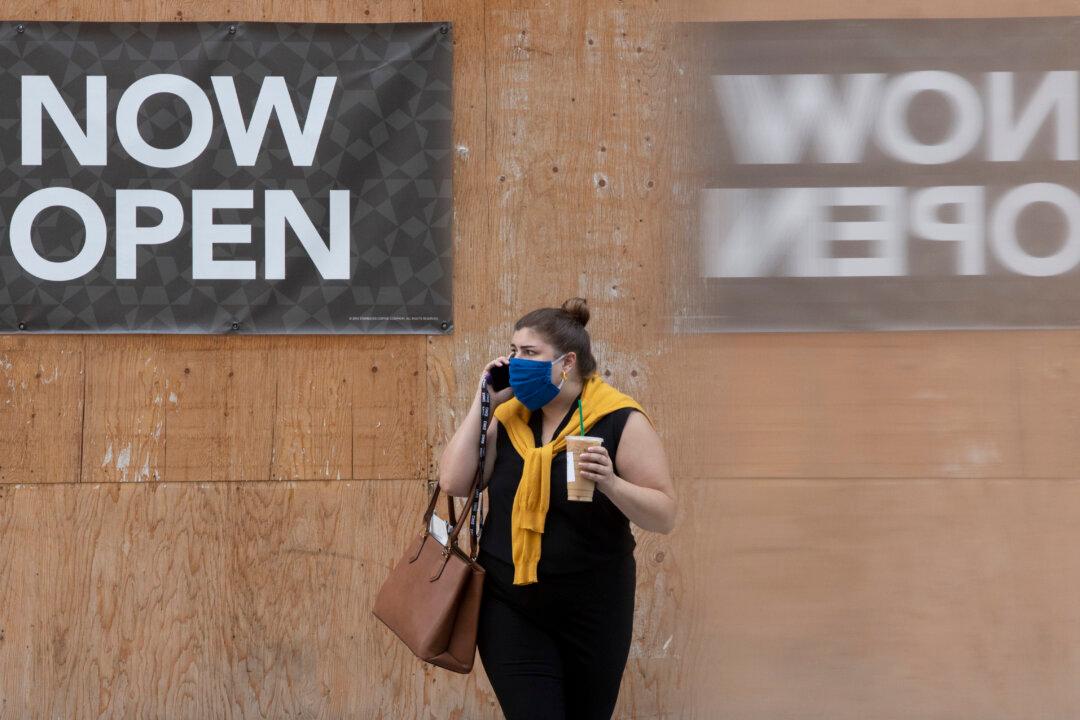The government’s program using cellphone mobility data from Canadians to inform public health policies was under review again on Feb. 28 by the House ethics committee, with witnesses arguing that while privacy might have been respected, transparency was lacking and the country’s privacy laws are outdated.
Michael Geist, a law professor at the University of Ottawa who specializes in the internet, said it appears the government acted properly since the data used had been aggregated and de-identified, and its use during a pandemic “may well be beneficial.”





